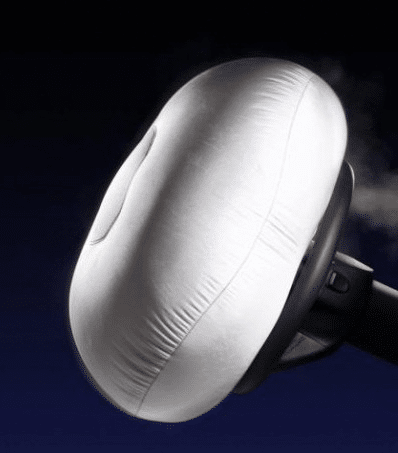It’s not uncommon for automobiles to be recalled because of a problem related to airbags. For instance, this week one of Chrysler’s six unrelated recalls involved vehicles that were manufactured with defective airbag warning lights that could possibly activate when there is no actual problem. Approximately 119,000 Chrysler vehicles were affected by that particular recall.
Today, though, a much wider airbag problem has been announced and it involves four of the world’s largest automobile manufacturers and more than 3 million cars and trucks. Honda, Toyota, Nissan, Mazda and General Motors are all recalling significant numbers of their most popular vehicles because of defective airbags that have been linked back to the Japan-based Takata Corporation. According to the Los Angeles Times, the specific problem involves the potential for airbags to spray metal shrapnel when they deploy.
Honda officials claim that the company is unaware of any injuries associated with this new recall; however, as reported by the New York Times, Honda has previously recognized at least 18 injuries and two deaths that were associated with air bags deploying with too much force or ejecting shrapnel.
While the scope of this massive recall is still mostly unknown, the recalls so far include approximately 561,000 Hondas (including 2002-03 CR-V, 2001-03 Civic, and 2002 Odyssey models) and approximately 510,000 Toyotas (including 2001-03 Corolla and Corolla Matrix, Sequoia, Tundra and Lexus SC 430 models) in the U.S. In addition, the N.Y. Times reported that Nissan and Mazda are recalling 480,000 and 20,000 vehicles worldwide.
Analysts believe that the problem could be more widespread than is currently being reported, as the Takata Corporation also supplies airbags to a variety of U.S.-based manufacturers. General Motors has stated that it intends to recall around 55,000 2003 Pontiac Vibe models in the U.S. and Canada. Due to the discontinuation of the Pontiac line of automobiles, the affected Vibe models will be repaired at “other GM dealerships.”
Ford officials are currently investigating the issue to determine if any Ford automobiles are affected, while Chrysler claims that none of its cars are involved.


